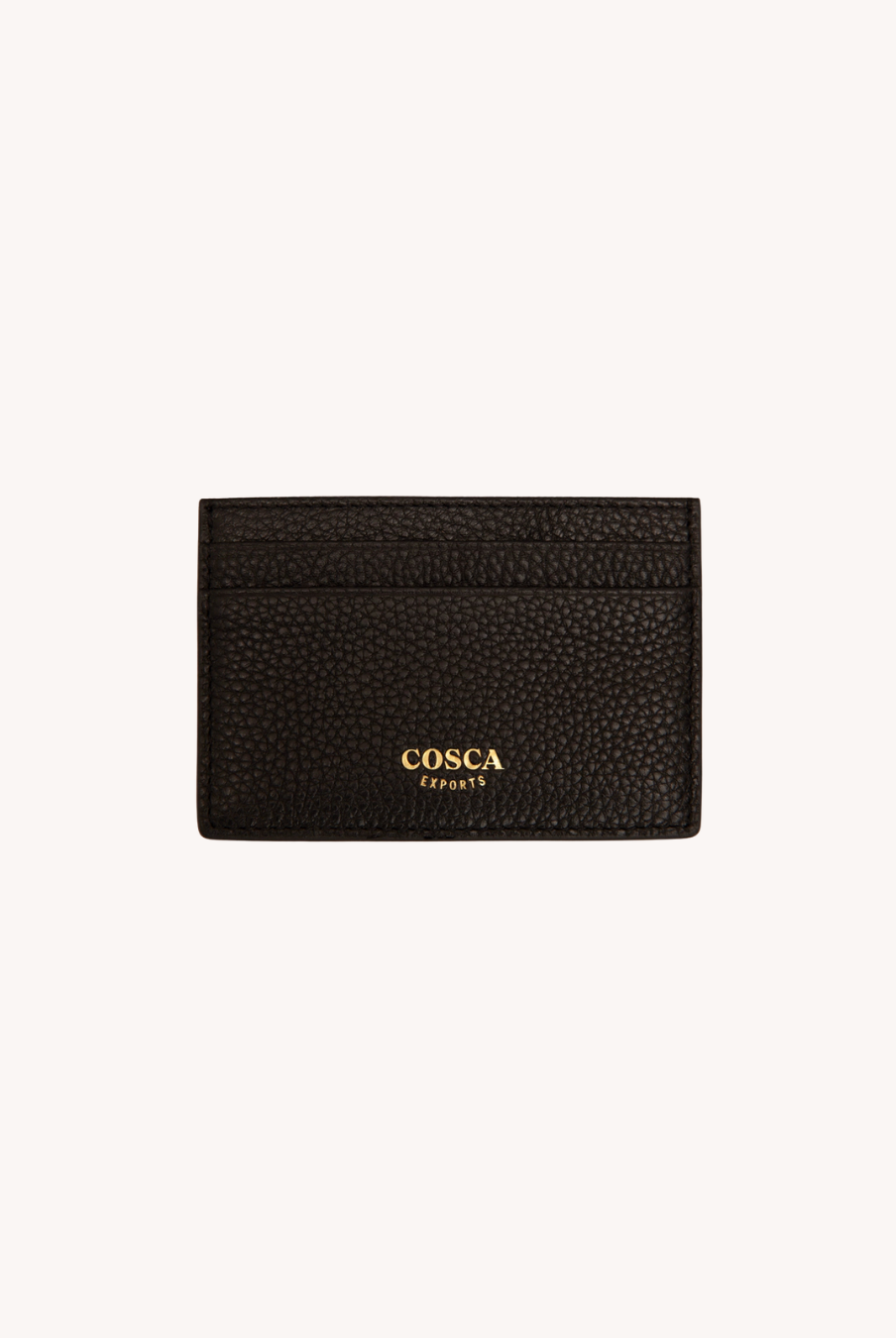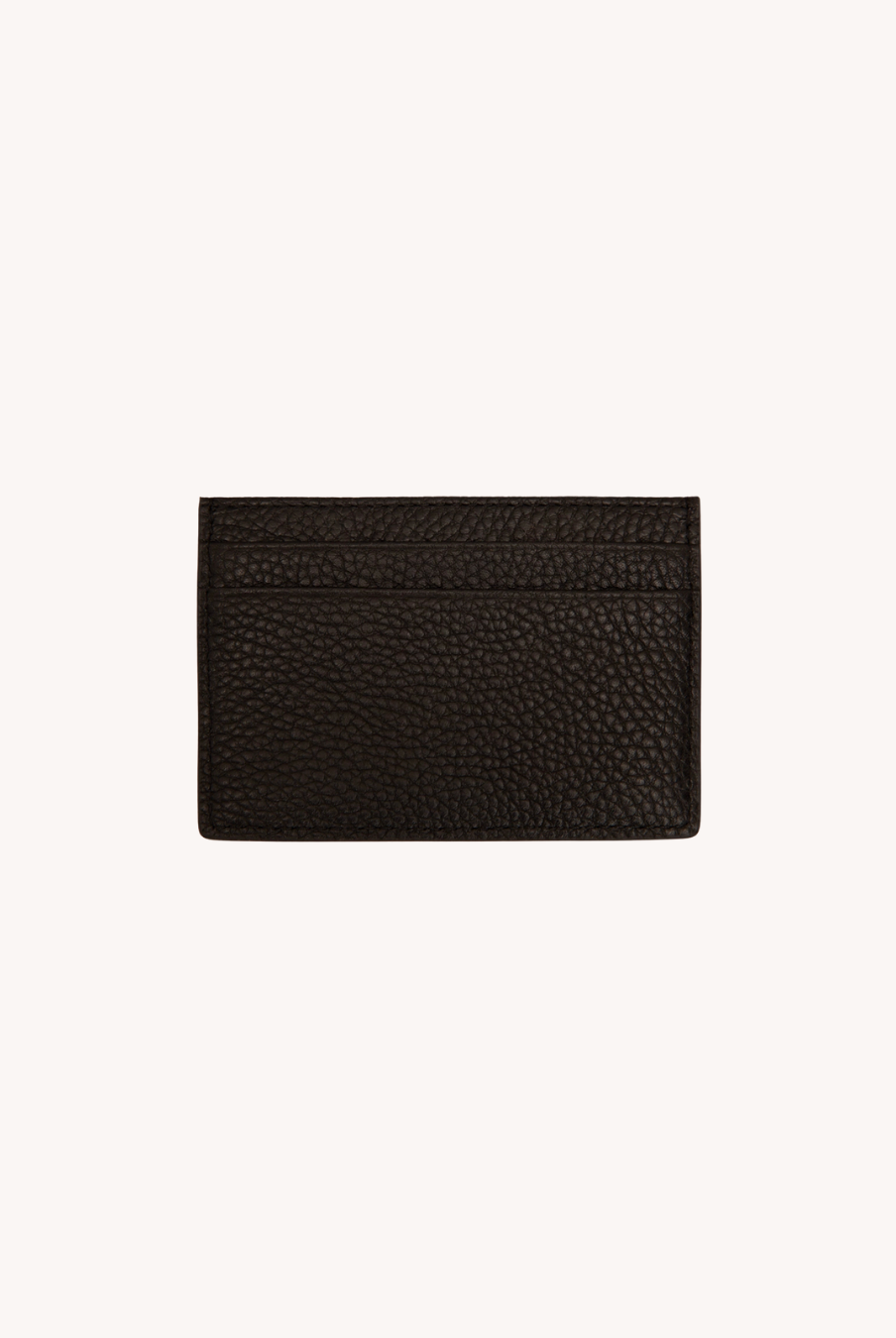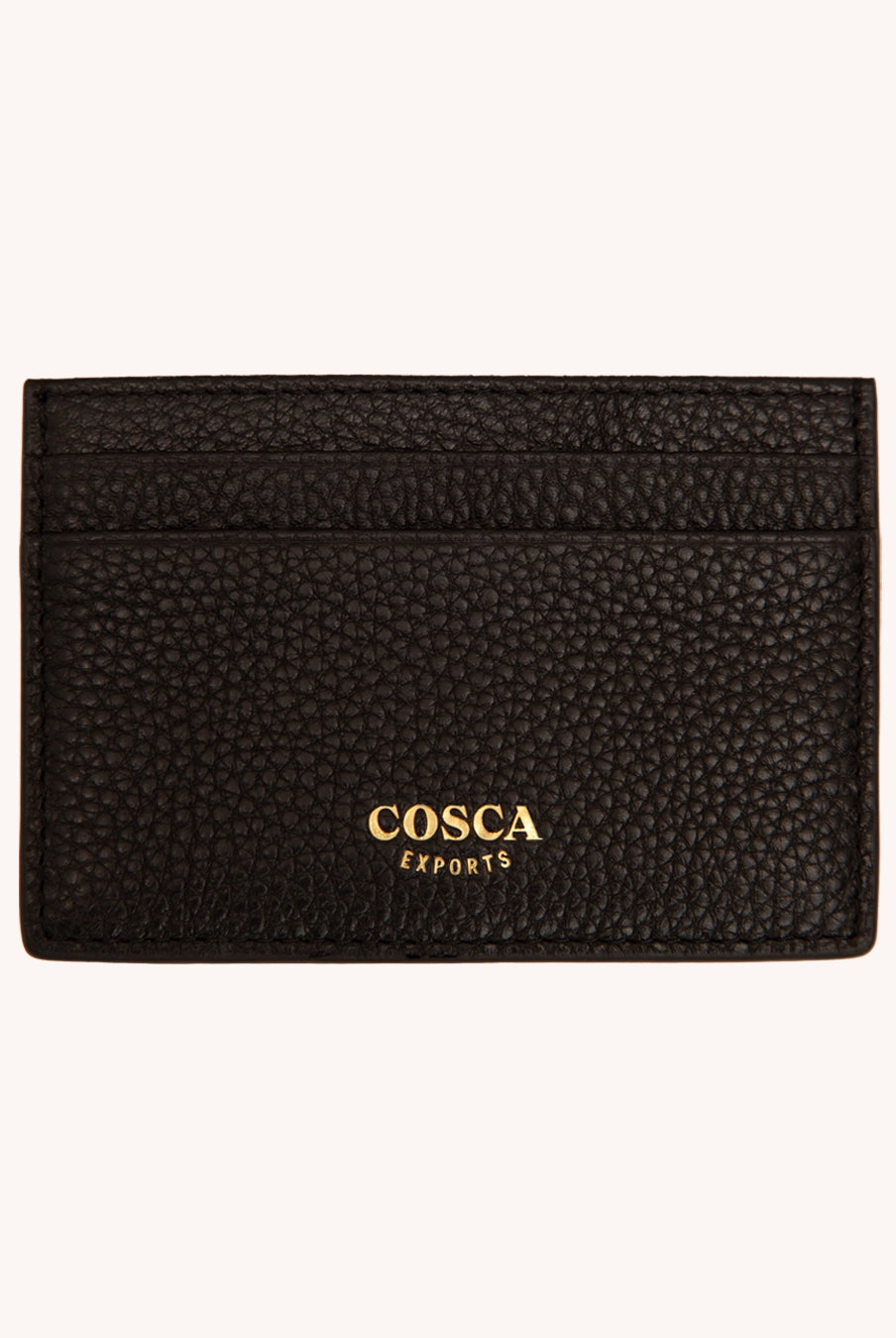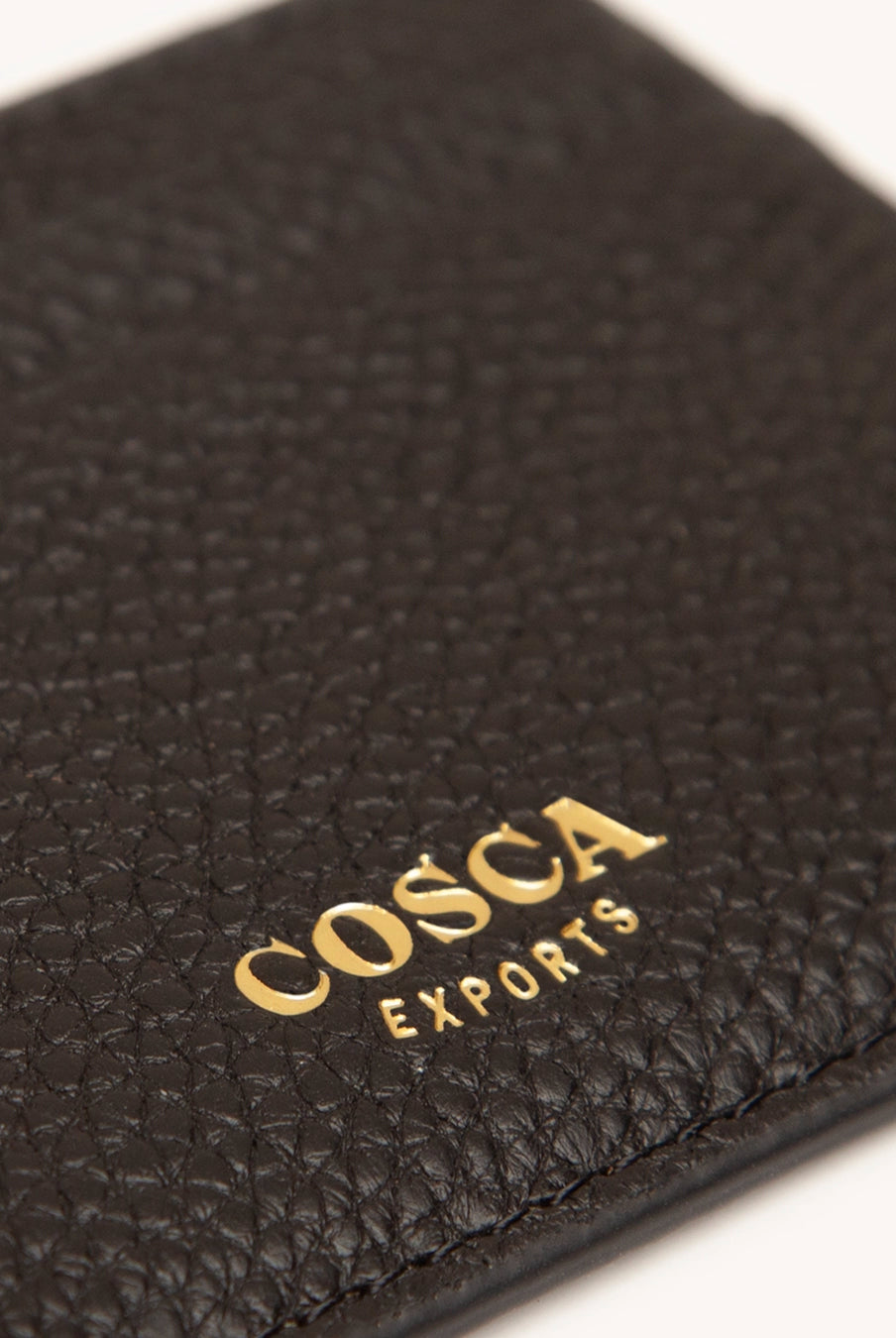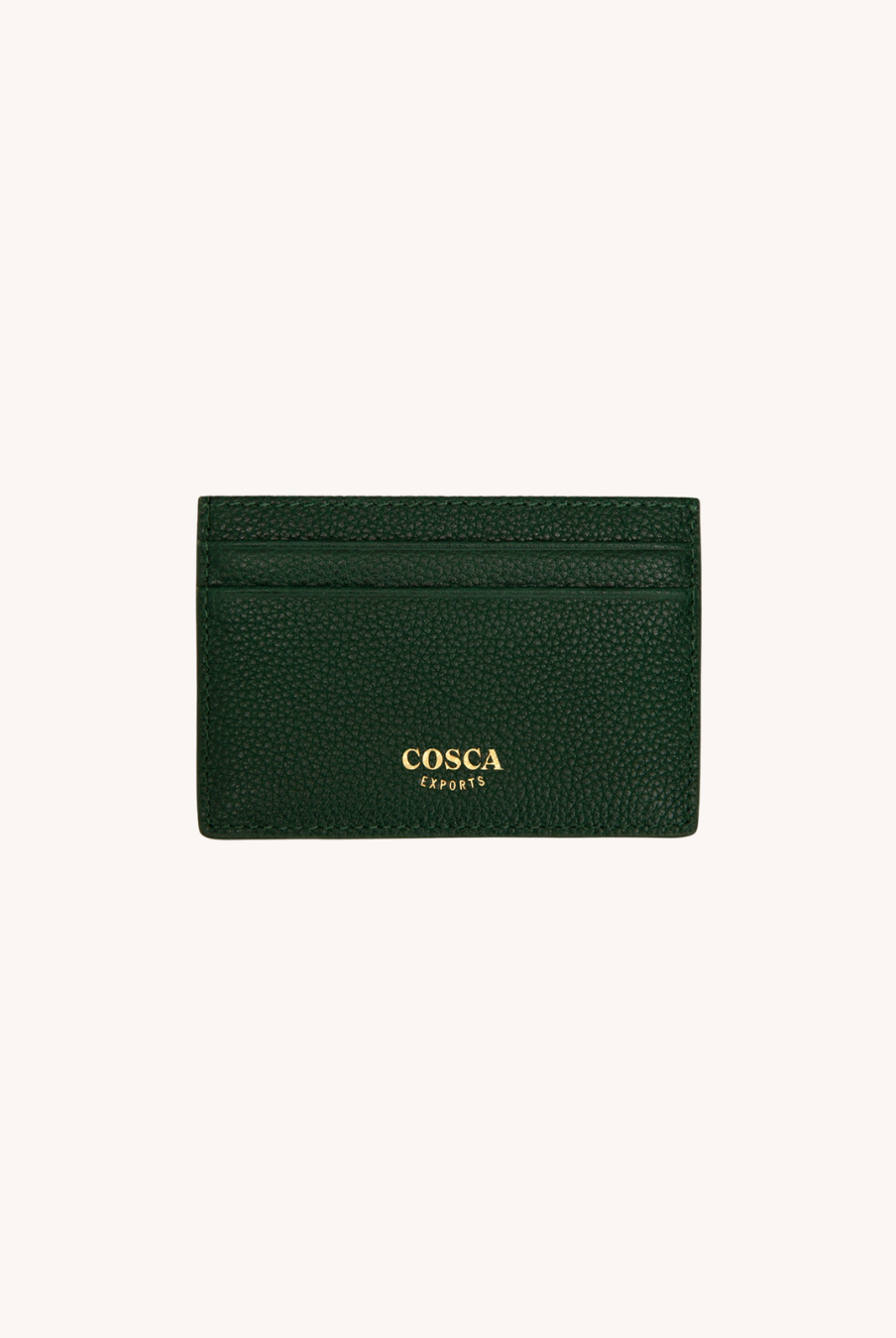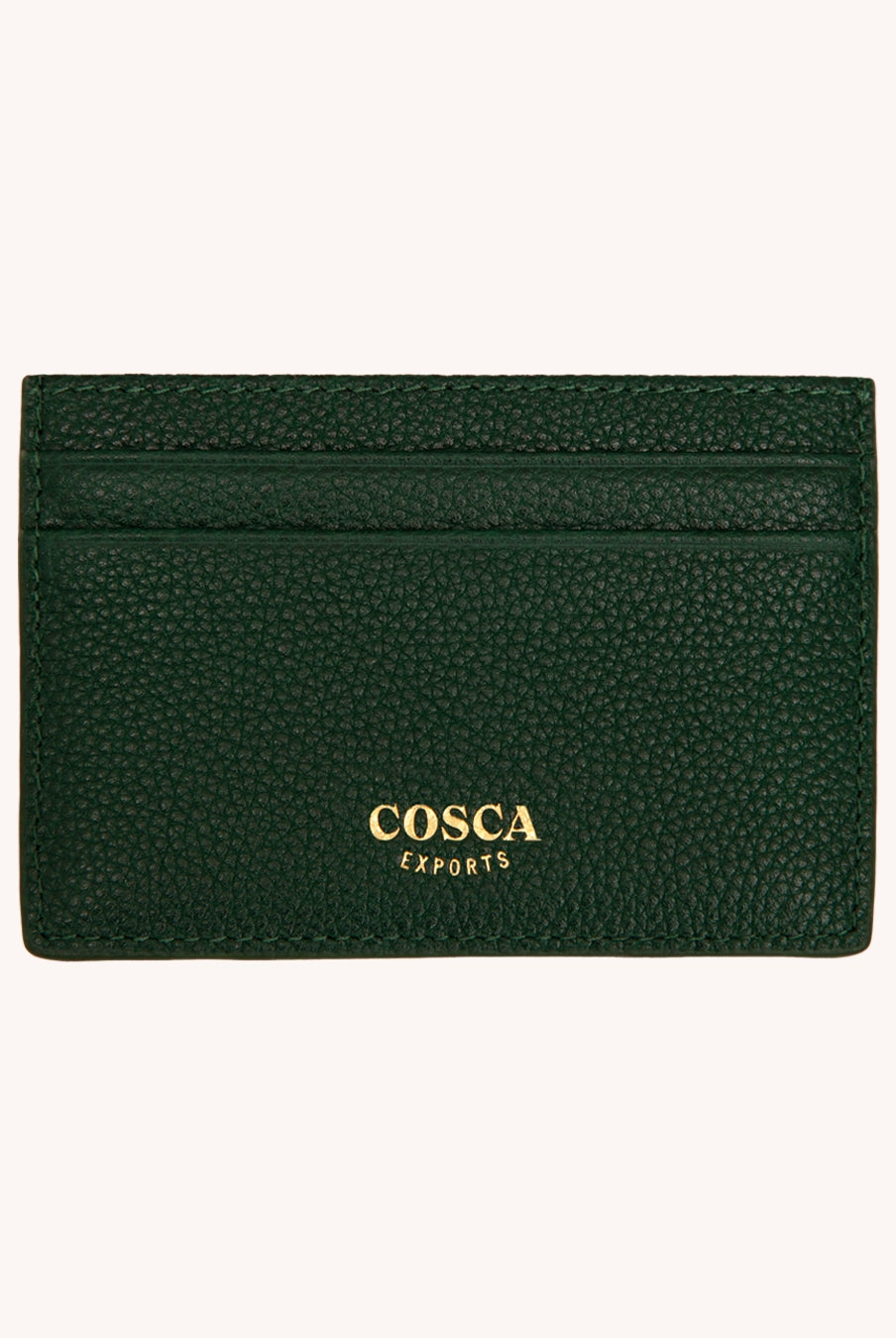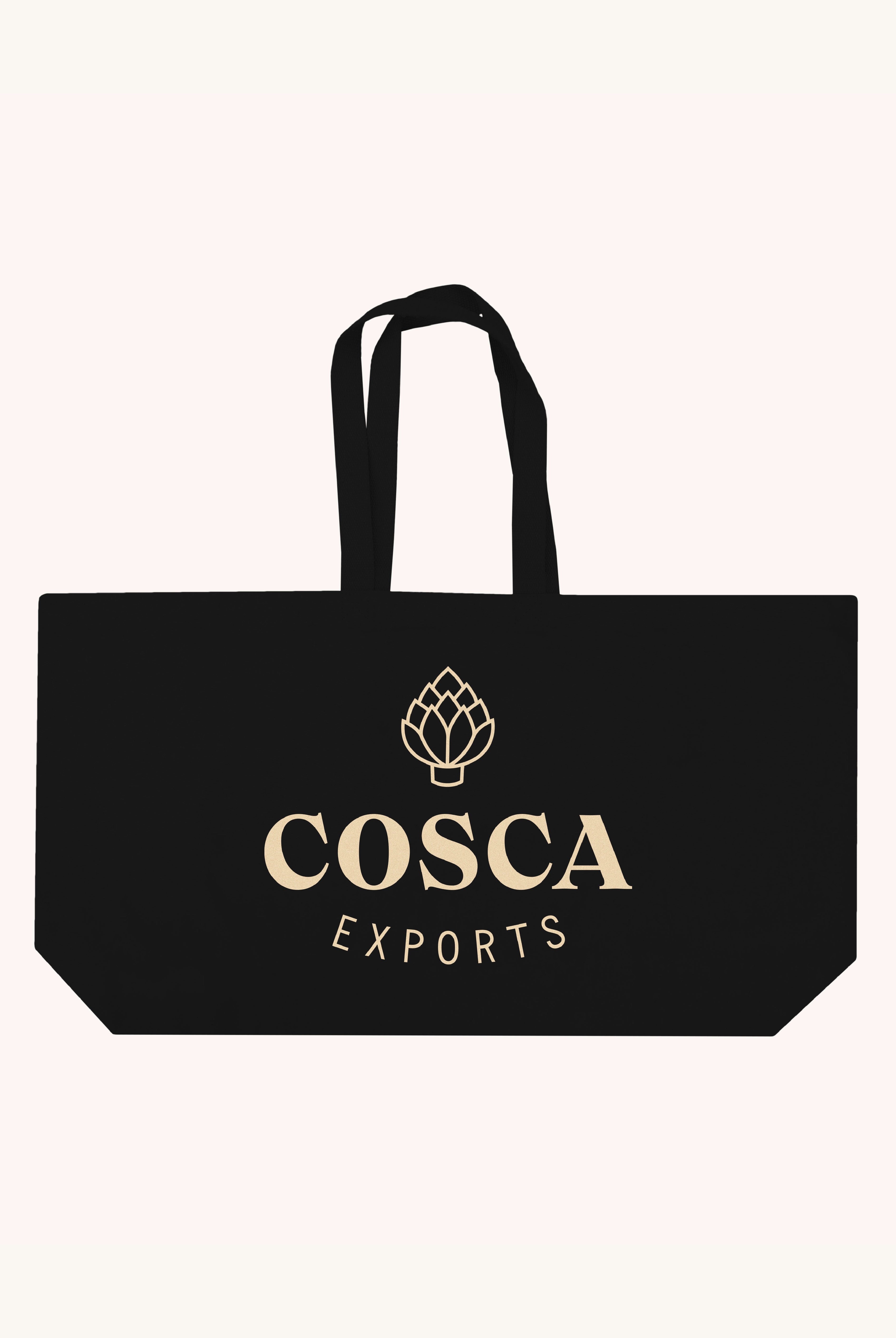We live in a world where one clothing brand gets replaced by a new one in a matter of days. Trends are changing like Tony Soprano's mood swings. We are dominated by fast fashion and disposable clothing. It's our choice and duty to make conscious choices about the garments we wear and consume. There have been staple brands that have been focusing on quality control and sustainable garments for decades but even these heritage brands still have shareholders to please and often go for the easier and cheaper alternative and produce in countries that are miles and miles away from their origin, not to forget the working and living conditions in a lot of these countries, no matter what the manufacturers tell these brands.
The choice of apparel from startup brands that produce in countries like Portugal on the other hand offers several benefits that extend beyond just the clothes themselves. Let's explore why selecting such garments is a wise decision, focusing on longevity, sustainability, fair wages, and ethical work environments. We'll also delve into how paying a bit more upfront can lead to greater value in the long run and how we at COSCA exports are committed to transforming consumer behavior. Plus, we'll touch on the art of embroidery and screen printing and their significance in quality apparel.
1. Longevity: Quality That Lasts
One of the primary reasons to choose garments produced in Portugal is the emphasis on quality and craftsmanship. Portuguese manufacturers are renowned for their cautious attention to detail and use of premium materials. This commitment ensures that the clothing you purchase is durable, comfortable, and retains its appearance over time. Creating timeless pieces that withstand the test of time should be in every brand's focus. Longevity means you'll be investing in garments that won't need frequent replacing, ultimately saving you money and reducing waste. Don't run after every trend, choose pieces and designs that are proven and timeless.
2. Sustainability: A New Standard
Sustainability is more than a buzzword; it should be a necessity.
The fashion industry is a significant contributor to environmental degradation, but by choosing brands that produce sustainably, consumers can drive positive change.
Producing in Portugal allows to implement eco-friendly practices, such as:
- Sourcing Sustainable Materials: We select fabrics that are renewable, recyclable, or have a lower environmental impact.
- Reducing Carbon Footprint: European production minimizes transportation emissions.
- Eco-conscious Manufacturing: Utilizing energy-efficient machinery and reducing waste in the production process.
3. Morals: Wages, Work Environments and Politics
Ethical considerations are at the forefront of modern consumerism. Workers in the fashion industry often face poor conditions and unfair wages, especially in countries with fewer labor laws.
Portugal, however, upholds strict labor regulations that ensure:
- Fair Compensation: Workers receive wages that reflect their skills and support a decent standard of living.
- Safe Working Conditions: Regulations mandate safe, healthy environments.
- Workers' Rights: Employees have legal protections and the right to unionize.
Your purchase should always support these ethical practices.
Focusing on political agendas of a manufacturing country could also be an approach of where to buy your clothes from. Countries that don't support basic human rights might not be the best choice.
4. The True Value of Paying More
We understand it: It's tempting to fall for cheaper clothing options - we aren't really that different ourselves honestly. The problem we have learned though is that if you choose lower prices it often comes at the expense of quality, ethics and sustainability. Here's why paying a bit more is worthwhile:
- Cost-Per-Wear: Higher-quality garments last longer, reducing the need for frequent replacements.
- Ethical Assurance: Higher prices often reflect fair wages and ethical production.
- Sustainable Materials: Eco-friendly fabrics and processes may cost more but have less environmental impact.
Try to make a conscious choice that benefits you and the broader community. You don't need a new hoodie every other month and thick 600 gsm hoodies might sound great but if that hoodie contains 50 % polyester, it's definitely not good for the environment.
Changing Consumer Behavior: Our Commitment
We are not a brand that runs around shouting "Look at us we are so sustainable!" - in the end we are a part of the problem ourselves since we produce more clothes and contribute to more emissions but hear us out:
At COSCA Exports, we're not just selling clothes; we're trying to change our community's buying behavior towards a more mindful consumption. We want to share insights on sustainability, ethics and fashion trends and therefore try to provide our customers clear information about our production processes and materials and constantly work on holding ourselves accountable to find better solutions for us - we are definitely nowhere close to being the perfect example.
We believe that informed consumers make better choices and we're dedicated to providing the resources and products needed for that journey and hopefully shift in consumption.
Embroidery: Craftsmanship in Design
Design features play a crucial role in the appeal and longevity of garments. At COSCA Exports, we love embroidery for our clothes to ensure a better and long lasting quality.
- Durability: Embroidered designs are less likely to fade or peel over time.
- Texture and Depth: Adds a more textured element that enhances the garment's visual effects, similar to a puff print but way better for the environment.
- Sophistication: Embroidery has always been there and naturally conveys a sense of craftsmanship and luxury.
Conclusion: Make a Conscious Choice
Choosing garments from startup brands that produce ethically and sustainably is a powerful way to effect positive change. It's an investment in quality, ethics and the environment.
Invest in more than just clothing; invest in a better consumption behavior.
